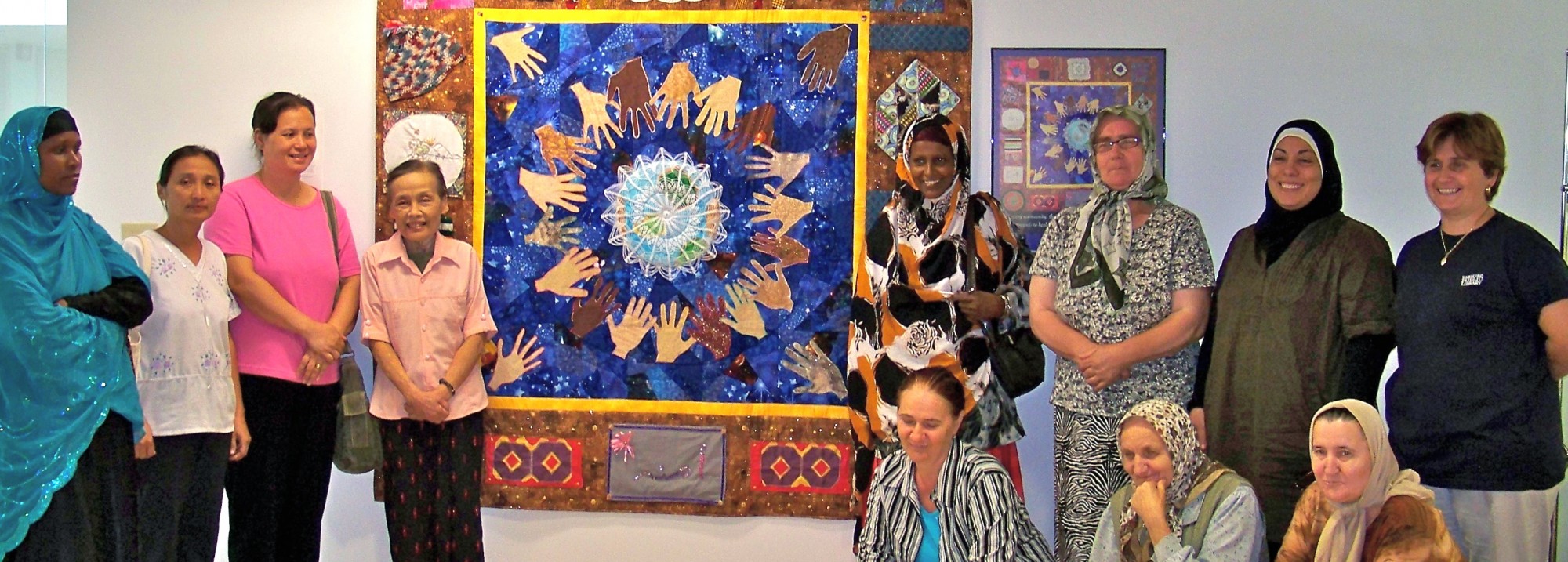This semester I worked with the International Hartford team in gathering information about immigrant entrepreneurs in Hartford, Connecticut. Through participating in this research I had the opportunity to interview three immigrant business owners on New Britain Avenue in Hartford. The main objective of conducting these interviews was to gain a general understanding of the amount of energy immigrant entrepreneurs bring to the Hartford area, in particular to the business district. These businesses included a grocer, nail salon, and African hair-braiding salon. After interviewing the immigrant owners of these businesses, I distinguished prevalent themes present in their process of starting a business as well as the many adversities they had to overcome.
My first and most informative interview was with a female owner of the African hair-braiding salon on New Britain Avenue in Hartford. The owner migrated to the United States from West Africa to seek enhanced economic opportunities. Although she did not relocate to the United States with her immediate family, she explained that some of her extended family lives in the greater Hartford area. The interview began with something of her background and her previous working experience before starting a business of her own. As she shared this information I learned about the many challenges she faced in her process of starting a business and how she learned from those difficult experiences.
A dominant theme I detected in the contents of the interview was her lack of knowledge about the different prerequisites for starting a business, which created many hardships for her as a result. When this business owner arrived in the United States, she was only fluent in French and spoke no English at all, hindering her ability to understand basic regulations and communicate effectively like city licensing requirements. So she began taking courses at Capitol Community College, in Hartford, to learn English and received her hair styling license after attending classes at West Hartford Adult High School. During this time, she was working as an employee for a salon on Albany Avenue in Hartford. When that business eventually failed and shut down, she struggled to attract clients to her home-based business. She felt taken advantage of by her employers because they knew she lacked resources and had nowhere else to go. After hair-braiding in her home temporarily to support herself financially, she saved enough money to lease a space and opened her storefront business. Her clients are like family and keep her motivated to continue what she does everyday with enthusiasm.
Along with the struggles she faced in starting a business of her own, she shared the future aspirations she has for her salon. This owner wishes to expand her business and offer new services beyond just hair-braiding. As of now, she works on her own. However she plans to hire full-time employees to help grow her business once she earns enough money. Currently, she is working closely with the University of Hartford on developing a business plan, which she expects to finalize soon. In addition, she is a member of The Chamber, an organization based in Middletown, Connecticut that works to support small businesses. When I asked her why she decided to open this type of business she was quick to explain that it was the only thing she knew, but emphasized that an individual should be truly passionate for their business and what they do. The eagerness she expressed during the interview demonstrates the amount of energy immigrant business owners contribute to the Hartford business district. She is is driven by the love she has for both her clients and career.
